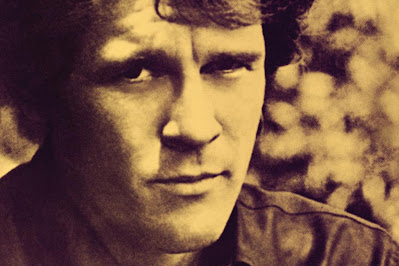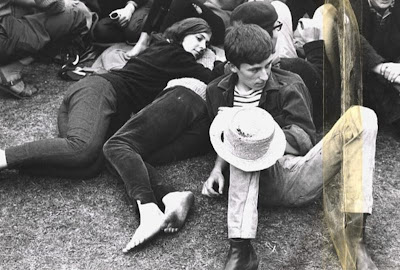Every Picture Tells a Story: Rolling Stones #177 of 500 Greatest Albums of All Time
Studio album: Rod Stewart
Released: May 28, 1971
Genre: Roots rock
Producer: Rod Stewart
The great triumph of Every Picture Tells a Story lies in its content.Every song on the album, whether it's a cover or original, is a gem.Allmusic review by Stephen Thomas Erlewine
(I Know) I'm Losing You
The Temptations initially recorded "(I Know) I'm Losing You" in 1966 for the Motown label. It became a number 1 hit on the Billboard R&B Singles chart and reached number 8 on the Billboard Pop Singles chart. The song reached number 19 in the UK.
In 1970, the Motown rock band Rare Earth covered it for their Ecology album. The 10-minute recording was edited for a single release and peaked at number 7 on the USop charts. Rod Stewart's version of Every Picture Tells a Story reached number 24 on the Billboard Hot 100, credited as Rod Stewart with Faces.
Reason to Believe
"Reason to Believe" was written by folk singer Tim Hardin. He recorded it in 1965 and performed it at Woodstock in 1969. Hardin also wrote "If I Were a Carpenter." His severe drug problems led to his early death in December 1980 at age 39, shortly after John Lennon's murder.
 |
| Tim Hardin |
The Carpenters covered "Reason to Believe" for their second album, Close to You. Rod Stewart's version was released as the A-side of the first single from Every Picture Tells a Story, with "Maggie May" as the B-side.
Maggie May
I didn't think much of "Maggie May."
I guess because the record company didn't.
I didn't have much confidence then.
Rod Stewart, 2015
The song "Maggie May," about a boy in a relationship with an older woman, drew inspiration from Stewart's experience. In his memoir, Rod: The Autobiography, Stewart provided details of the incident that led to this song.
"At 16, I went to the Beaulieu Jazz Festival in the New Forest. I'd snuck in with some mates via an overflow sewage pipe. And there, on a secluded patch of grass, I lost my not-remotely-prized virginity with an older (and larger) woman who'd come on to me very strongly in the beer tent."
 |
| Beaulieu Jazz Festival |
Initially, the B-side of the single "Reason to Believe" was considered an oddity with no hit potential and nearly left off the album. Some stations played "Reason to Believe;" it peaked at #62 in August 1971. But others flipped the single and played "Maggie May," forcing Mercury to put it out as a single in October.
The song reached number one on the UK singles chart and simultaneously topped the chart in the United States. It was the number 2 record for 1971 on both the US Billboard Hot 100 and UK Singles charts. When this became a hit, Stewart's popularity surpassed his group's. Faces' shows started billing themselves "The Faces with Rod Stewart."




Comments
Post a Comment